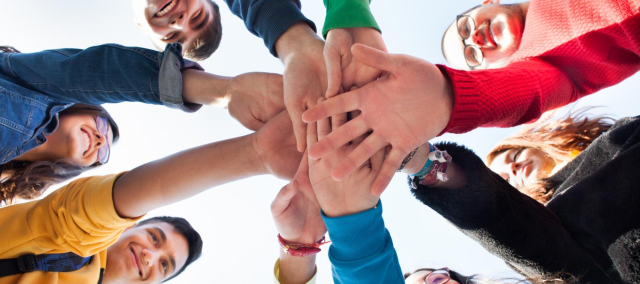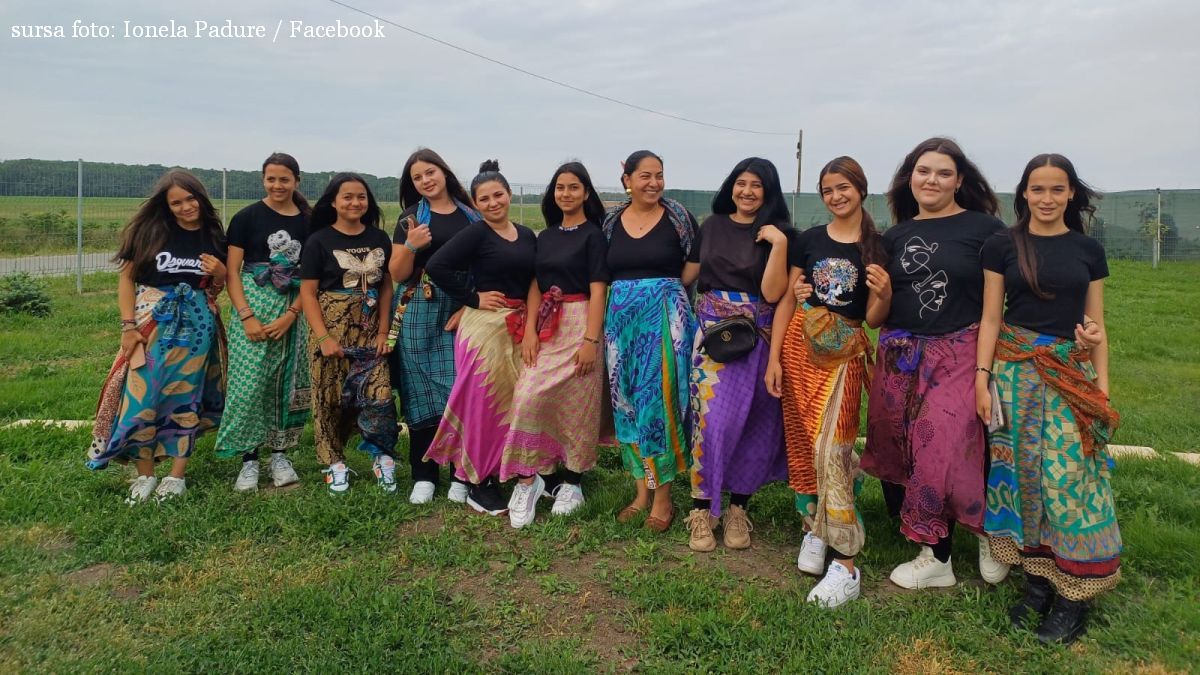The Impact of the Health Crisis on Disadvantaged Children
The pandemic is aggravating the situation of certain vulnerable social categories

Christine Leșcu, 06.05.2020, 14:01
As it was to be expected, the pandemic and the imposition of restriction of all kinds, economic, social, and medical, in the attempt to slow down the virus, is aggravating the situation of certain vulnerable categories. One of them is children, and UNICEF Romania, in partnership with public institutions and NGOs did a rapid evaluation of the difficulties facing the youngest of us and disadvantaged communities they may come from. The worst affected are children from families living in poverty, children from ethnic Rroma families, children of people who are work migrants, and children with disabilities. The measures taken to limit the effects of the COVID-19 pandemic may actually lead to worsening their situation, by reducing access to social and medical services, or by increasing the incidence of domestic violence and unemployment. Also, shutting down schools and distance learning are additional problems, especially in areas with a high incidence of school abandonment. Carmen Lica, executive director of the Step by Step Center for Education and Vocational Development, evaluated the impact on measures taken in the area of education, and told us her conclusions:
“Children in poor and vulnerable families are the worst affected by the recent adaptations in providing education services on-line, because they have limited access to IT devices and the Internet. Inequality in access to on-line educational services contributes to widening existing gaps. This inequality is due to lack of equipment necessary to schooling on-line, either because families dont have any, or schools dont have them to lend, or because there isnt enough of it. This is compounded by the fact that some area have poor access to the Internet, or none at all. There are limits on the use of this equipment, which are due mostly by reduced digital skills, or insufficiently developed skills, in both parents and children, as well as some children. One very important aspect has to do with ethnic Rroma children, who are facing additional difficulties, living in communities that lack IT devices and Internet access. As a result, the institutional intervention in these contexts is much more complex.”
Social assistance normally offered by specialized departments in local administration is also affected during this period. For instance, social workers cannot go into communities as often as they used to, and dont always have the proper equipment to do so. On top of that, the people who offer social services are not always sufficiently trained to intervene in the particular conditions of the pandemic and the state of emergency. In this context, youth in institutions and child protection facilities are facing a particularly difficult situation, as evidenced by Andreeas Novacovici, president of the Institutionalized Youth Council:
“The main problems are the limited ability to go out in the field to evaluate the situation of children in communities with residential centers, the lack of hygiene and health gear, both for children under care or the staff of care centers. The young people in the child care system who contacted us in the last few weeks were upset at the fact that they are not allowed to go to a store or take a short walk to see their friends. The situation was not described to them adequately, they were not told enough in order to understand what is going on during this time, and why some of their rights have been temporarily curtailed. The access that institutionalized children have to health services was reduced a lot. The limitation of direct medical visits in centers, and the predominant use of on-line or on the phone consultation, and the shuttering of dental cabinets were some of the most often mentioned health problems that we were told about, in addition to difficulties in getting hold of medication for chronic or auto-immune conditions.”
Communication issues seem to be quite widespread. The need to impose certain restriction was not adequately explained to institutionalized children, which also applies to the Rroma community. In this case, the intervention of Rroma NGOs is essential for granting help to one of the most disadvantaged communities, as revealed by a recent short term evaluation run by the World Bank in partnership with UNICEF. Tatiana Proskuryakova is a country manager for the World Bank in charge of Romania and Hungary.
She said that the Rroma communities had preexisting disadvantages, since they live in cramped quarters with minimal infrastructure. For instance, about 68% of Rroma communities have no running water, while 78% of them do not have indoor bathroom facilities. This makes maintaining hygiene much more difficult. Also, the cramped living conditions make social distancing impossible, which makes the expected rate of infection in Rroma communities much higher. She also said that the Rroma community was already disadvantaged in terms of health care and education, adding that shifting these services on-line only complicates things. Another thing that complicates things is in economic terms, since many Rroma rely on temporary work or under the counter employment.
The limited activity of family physicians is also having an effect on the health of disadvantaged communities, with the worst effect on children first and foremost, as concluded by the evaluation run by UNICEF, which is continuing the study.






























